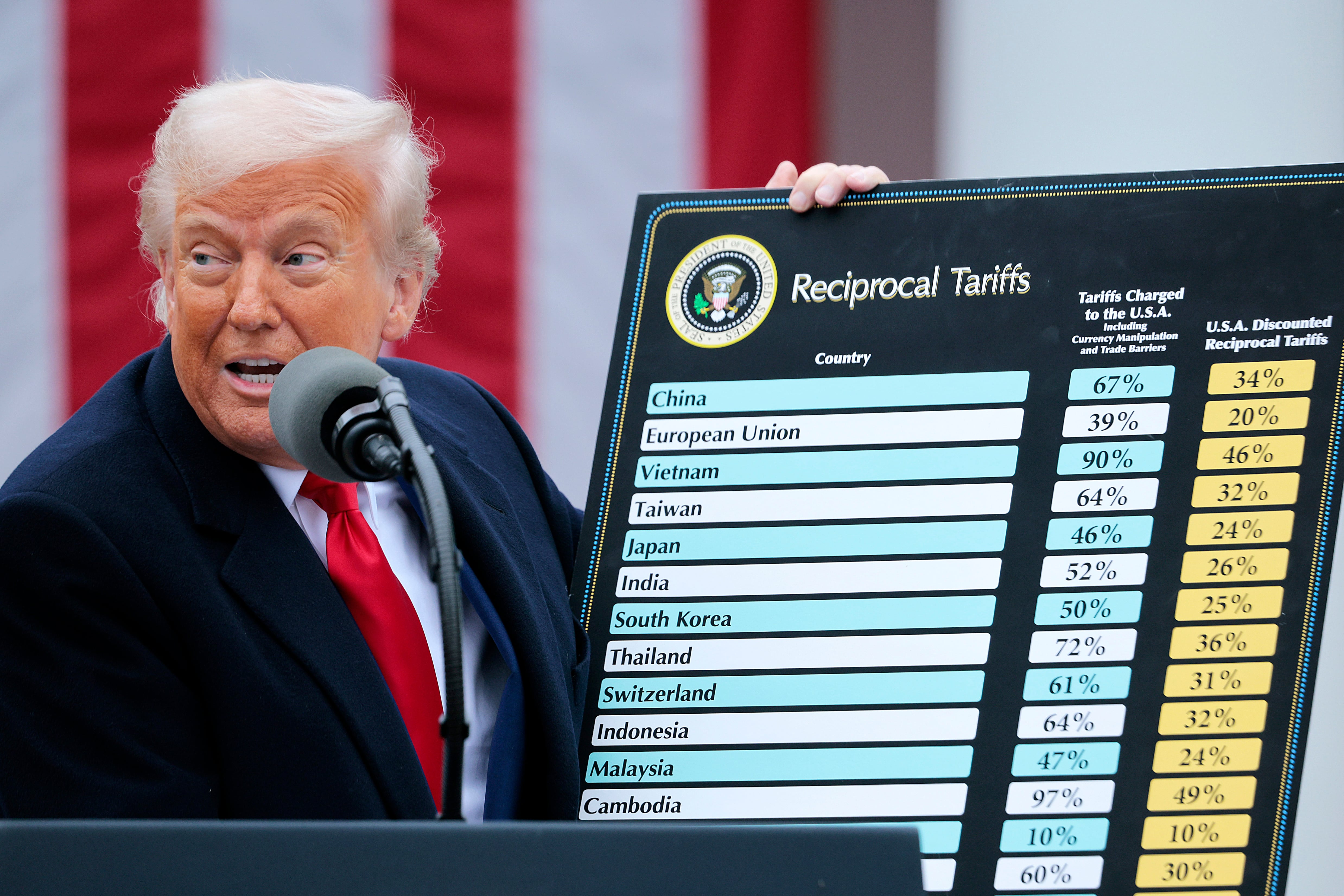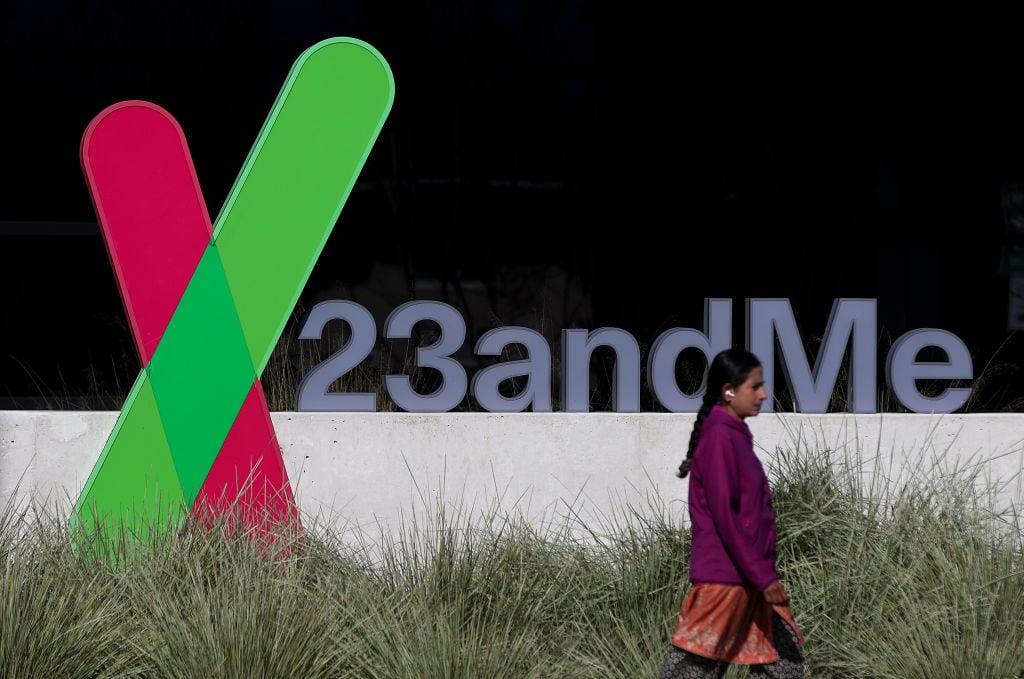*By Carlo Versano* B2B companies have always faced an interesting challenge. If they're doing their job right ー helping businesses run more smoothly ー many of the end-users won't ever think of them. It's not an ideal business model for a marketing chief who has been [tasked with](https://www.forbes.com/sites/johnellett/2018/04/10/new-sap-cmo-wants-to-disrupt-her-way-to-become-a-top-10-most-valuable-brand/#5b60d30d7ef7) building one of the world's most valuable brands. But Alicia Tillman, CMO of German enterprise software giant SAP ($SAP), said even the B2B industry is ripe for disruption in today's ever-changing marketplace. The company is making a "sharp transition" to become a full-service cloud company ー providing both front-office software that is customer-facing and a suite of products that work behind the scenes. Tillman said that strategy has been a boon for SAP in terms of both revenue and visibility. "Our ability to help companies run more efficiently enables them to ultimately drive a better, more connected experience to their customer," she said. And that reflects back on SAP, whose software is touched by 170 million people, even if most of them don't know it. The transition from software to software-as-a-service has fundamentally changed how companies like SAP operate. Making the shift may have come at an upfront cost, but Tillman said investors quickly realized that subscription dollars are more reliable than one-time payments. That sense of stability allows her to think about long-term strategies ー something Tillman mentioned her team is doing by investing heavily in digital marketing to reach millennials, "the decision-makers of the future." Additionally, SAP is marketing itself as a solution for "purpose-driven" corporate endeavors, such as preventing elephant and rhino poaching in South Africa, which is a cause on which SAP has staked a claim with its own [anti-poaching initiative](https://news.sap.com/africa/2018/09/cloud-based-systems-help-to-combat-poaching). But there are still opportunities for B2B companies in old-fashioned, "real life" marketing (like events, for example), Tillman said. "Nothing replaces the power of a handshake." Call it Human2Human. For full interview [click here](https://cheddar.com/videos/sap-talks-consumer-marketing-amid-cloud-growth).












